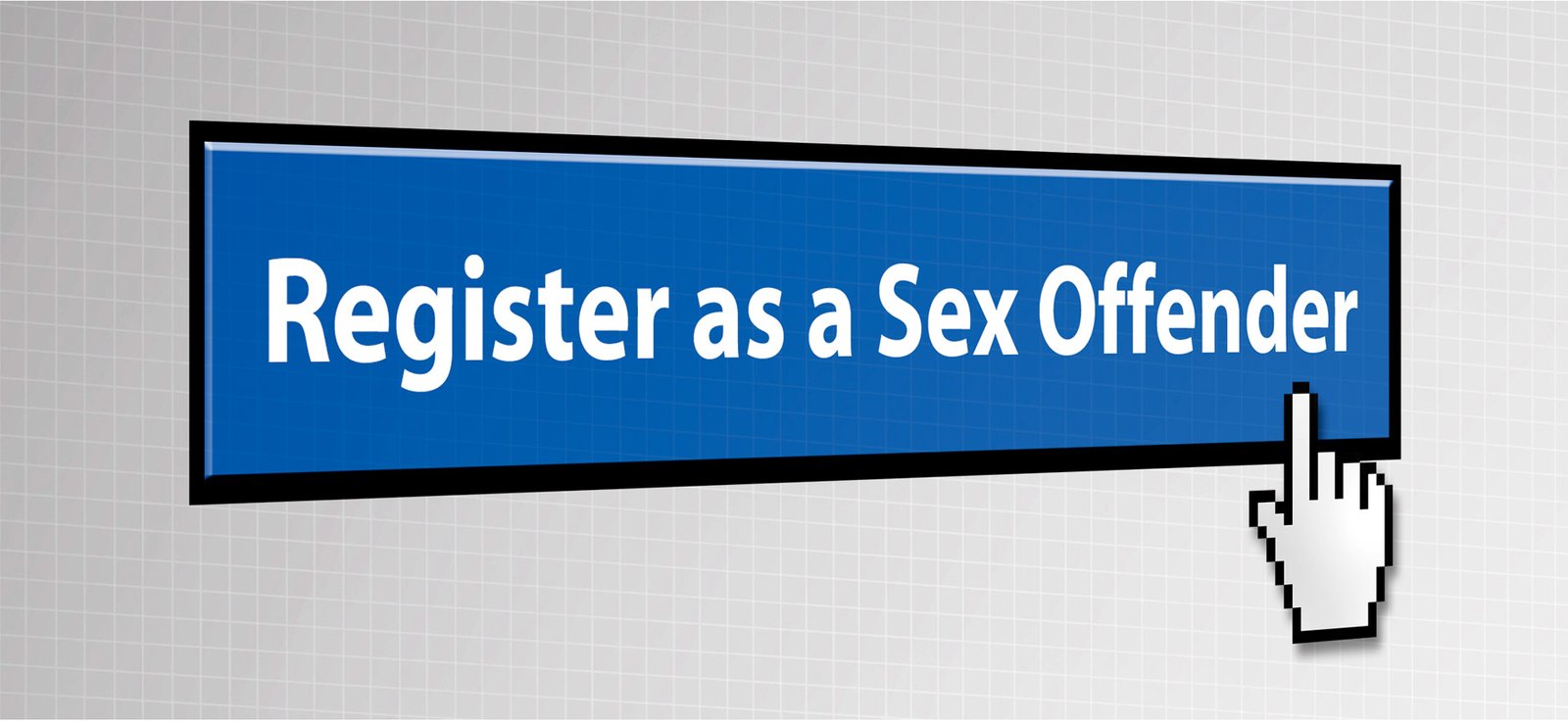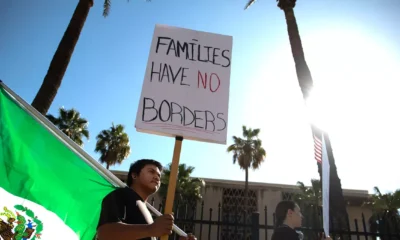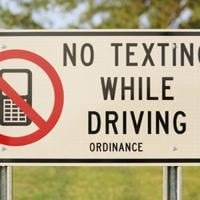child safety
Arizona’s Sex Offender Registry: A Threat to Community Safety and Family Stability

Arizona’s sexual offense registry system is increasingly under scrutiny as lawmakers consider necessary reforms. Originally established to protect communities, this system has devolved into one that may inadvertently compromise public safety and harm countless lives.
The registry’s impact on victims is often overlooked. Research indicates that sexual offenses are predominantly committed by family members or acquaintances, with a staggering 93% of child victims knowing their abuser. By emphasizing stranger danger, the current system diverts critical resources away from addressing these more prevalent situations.
Victims face significant barriers when reporting abuse, particularly if the perpetrator is a family member. Many fear that coming forward could lead to severe, lifelong repercussions for their abuser, resulting in a reluctance to speak out. This chilling effect ultimately silences victims rather than empowering them.
The registry also includes individuals who pose minimal risk to public safety. Offenses such as public urination or consensual teenage relationships can unjustly result in registry requirements. A 19-year-old dating a 16-year-old faces the same stigmatization as a violent predator, diluting the registry’s effectiveness.
Research indicates that despite years of implementation, such registries have not made communities safer. A U.S. Department of Justice study found no significant difference in recidivism between states with registries and those without. Instead, the registry contributes to housing instability and social isolation for registered individuals, further increasing, rather than diminishing, risks.
Barriers to rehabilitation also persist due to the registry. Individuals on the registry experience exceedingly high unemployment rates and face challenges in obtaining stable housing. These hardships prevent meaningful reintegration into society, undermining public safety objectives.
Perhaps the most devastating consequences of the registry extend to innocent families. Children of registered individuals often endure bullying and stigma, suffering repercussions beyond their control. A study in the American Journal of Criminal Justice highlighted the adverse effects these children face, including discrimination by peers and educators.
Arizona has the opportunity to reform its registry system with evidence-based strategies that prioritize genuine public safety. Implementing individualized risk assessments, offering clear pathways off the registry, and redirecting resources towards prevention and victim services are crucial steps.
States like Rhode Island and Minnesota have begun to adopt similar reforms, yielding promising outcomes. Such moves could lead Arizona toward a more rational approach that maintains public safety while reducing collateral harm.
A more effective system is imperative for Arizona—one that truly protects communities and fosters rehabilitation. It’s time to acknowledge the failures of the current registry system, ensuring a just and balanced approach for all.
Vicky Campo serves as the communications director for Arizonans for Rational Sex Offense Laws and is personally connected to this complex issue through her family.






![Phillip Gracia was arrested on multiple disorderly conduct charges on June 19, 2025. [PCSO/graphic]](https://arizonanews.org/wp-content/uploads/2025/06/Family-Mass-Suicide-Plot-Man-Arrested-for-Alleged-Orchestration-400x240.jpg)
![Phillip Gracia was arrested on multiple disorderly conduct charges on June 19, 2025. [PCSO/graphic]](https://arizonanews.org/wp-content/uploads/2025/06/Family-Mass-Suicide-Plot-Man-Arrested-for-Alleged-Orchestration-80x80.jpg)










